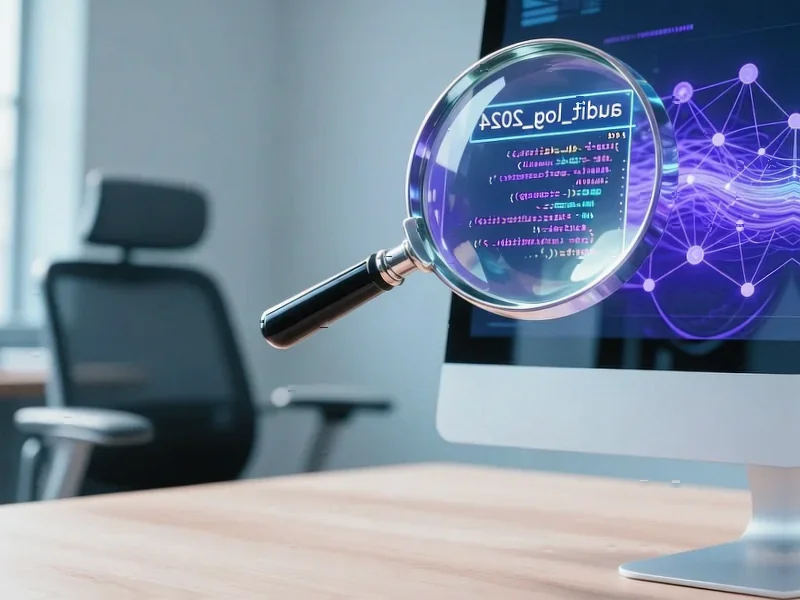According to Financial Times News, Getty Images has lost a crucial copyright lawsuit against Stability AI in London’s High Court, dealing a major blow to creative industries hoping for legal precedent against AI companies scraping their content. In Tuesday’s nuanced ruling, Mrs Justice Joanna Smith largely sided with Stability AI, stating that Stable Diffusion doesn’t store or reproduce copyright works and therefore isn’t an “infringing copy.” Getty’s shares fell about 5% following the decision, which lawyers called a “massive damp squib” that leaves the UK without meaningful guidance on AI training legality. The photo agency did secure a minor win on trademark infringement regarding its watermarks appearing in AI-generated images. Getty dropped its original copyright claim during the trial after finding no evidence that Stable Diffusion’s training occurred in the UK, pursuing only narrower secondary infringement claims instead.
What this actually means for creators
Here’s the thing: this ruling doesn’t actually answer the billion-dollar question everyone’s been waiting for. Does training AI models on copyrighted material break the law? We still don’t know. The court basically said that since Stable Diffusion doesn’t store or copy the actual images, it’s not directly infringing. But that feels like dodging the real issue, doesn’t it?
Creative industries are understandably frustrated. Iain Connor from law firm Michelmores nailed it when he called this a “massive damp squib.” Artists, photographers, and writers were hoping for clarity, and instead they got a technical ruling that avoids the core debate about whether AI companies can just vacuum up everyone’s work without permission or payment.
The bigger legal landscape
This isn’t happening in isolation. Look at what’s been going on in the US recently – Meta won a similar case in June where a federal court decided using millions of books to train AI was “fair use.” Anthropic scored a similar victory around the same time. There’s a pattern emerging here, and it’s not looking great for content creators.
But here’s the kicker: this UK ruling is “hugely limited in scope” according to the Publishers Association. It doesn’t touch the critical question of whether the training process itself amounts to copyright infringement. So basically, we’re back to square one on the main event while AI companies keep building their models.
Is there any silver lining?
Getty did get something out of this – the court agreed that Stability AI was responsible when its systems generated images with Getty watermarks. That’s trademark infringement, and Getty says they’ll use that finding in their ongoing US case. So it’s not a complete wash.
Christian Dowell from Stability AI said they’re “pleased” with the outcome, which isn’t surprising. Robert Guthrie from Osborne Clarke called it “a big win for Stability AI and AI developers generally.” The ruling gives AI companies more confidence that training models on copyrighted works might not infringe UK copyright law. But that “might” is doing a lot of heavy lifting here.
So what happens now?
The creative industries aren’t giving up. Catriona MacLeod Stevenson from the Publishers Association says this is “not the end of the road” for UK creators. There are still other legal avenues, and Getty’s US case continues. But each ruling like this makes the hill steeper to climb.
Basically, we’re in this weird limbo where AI companies keep training their models while creators watch their work get used without compensation. The legal system seems to be struggling to keep up with technology that’s moving at light speed. And honestly? I don’t see this getting resolved anytime soon. The fundamental question – who owns the building blocks of AI intelligence – remains completely unanswered.





Your article helped me a lot, is there any more related content? Thanks!